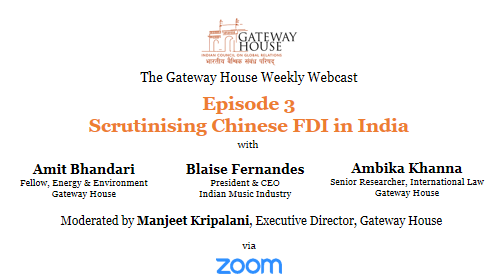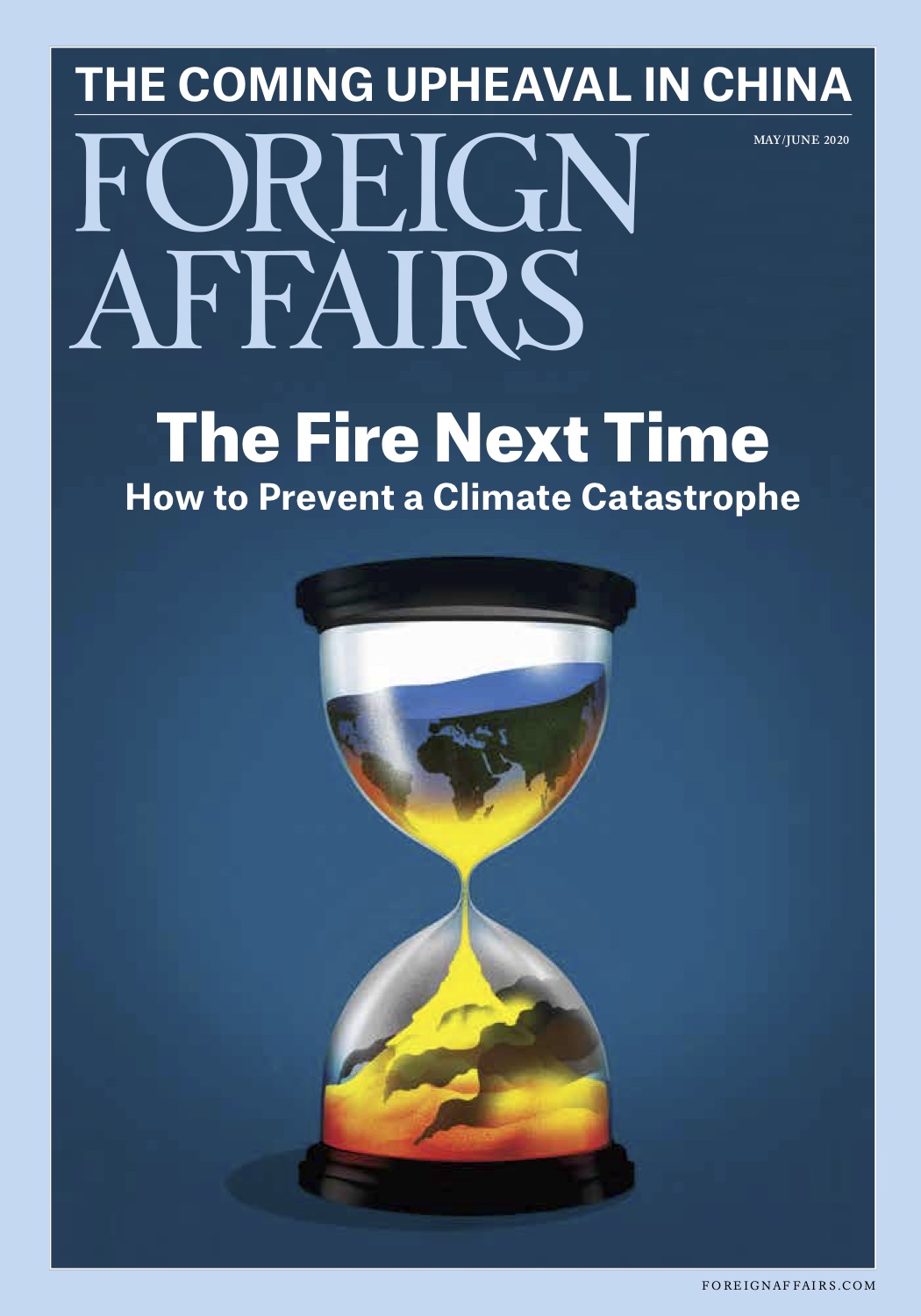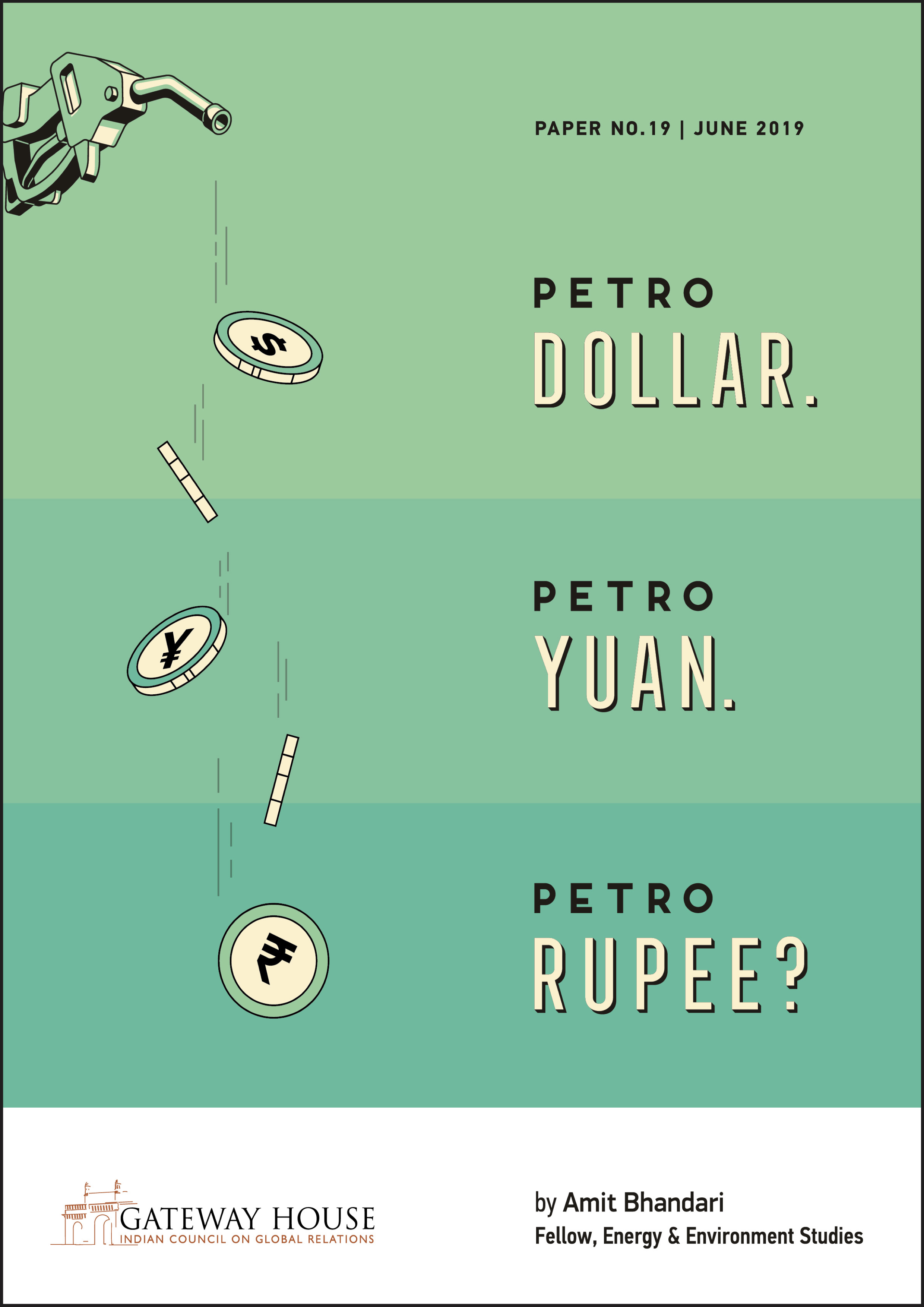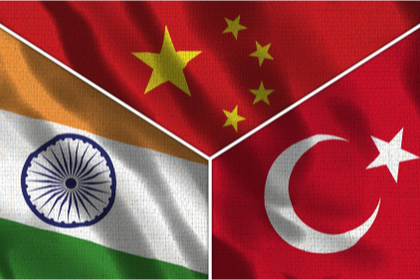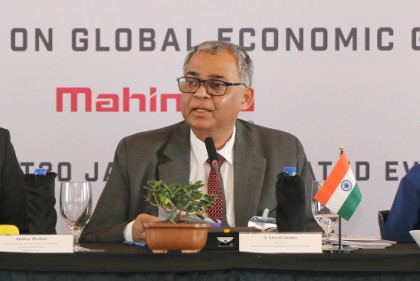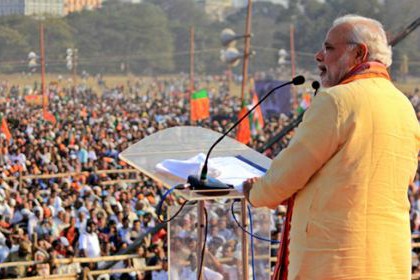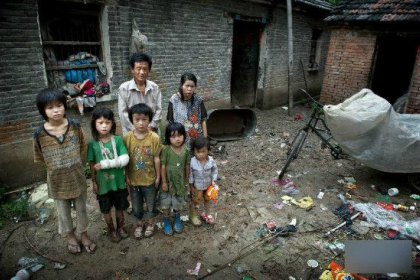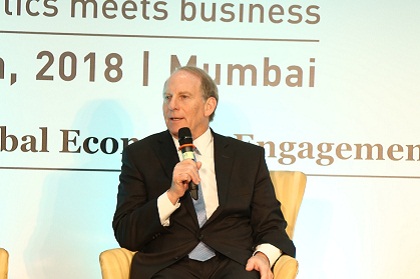Quad steps up to help India
As China gains ground in a global competition across the military, economic, diplomatic, and technological domains, the Quadrilateral Security Dialogue (Quad) made up of Australia, India, Japan, and the US is finally finding its footing.


